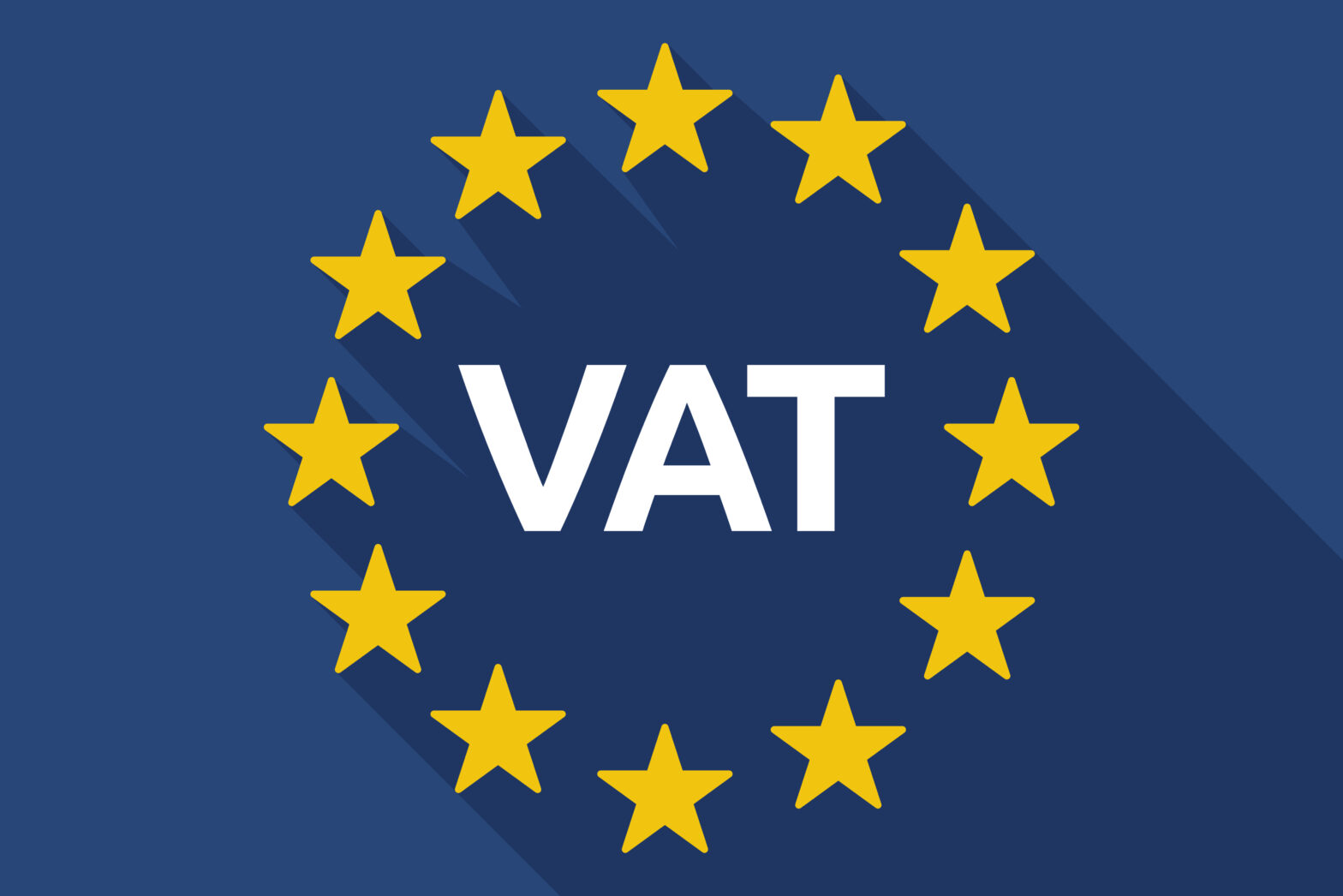A study by online debt recovery service Positive Collections, which surveyed more than 260 business professionals, found that SMEs are the most prone to suffer from late payers, with 74 per cent stating that they are likely to accept late payment excuses.
Interestingly, businesses with one to nine employees are less likely to worry about debt recovery, as 45 per cent claim they are always paid on time.
According to the survey, 17 per cent of businesses would try to chase debts but avoid legal action as they believe it will be too expensive.
See also: How to deal with late payment
David Green, CEO of online debt recovery service Positive Collections, says: ‘The fact that so many businesses in the UK have become accepting of this late payment culture is certainly a cause for concern as this has implications on the whole business community and economy.’
FPB: Name and shame late payers
A business lobbying group is calling on all smaller suppliers to anonymously ‘name and shame’ late paying companies.
Many suppliers fear that speaking out individually will lead to unwelcome reprisals and cost them business, but The Late Payment Hall of Shame, introduced by the Forum of Private Business (FPB), allows them to identify late payers yet still protect their identities.
The call follows the latest Business, Enterprise and Skills Committee hearing which scrutinised the Draft Groceries Code Adjudicator Bill, drawn up to establish a ‘supermarket ombudsman’ to protect suppliers.
The move was recommended by the Competition Commission in 2008 following an extensive inquiry into alleged abuses in the groceries market.
The Forum believes there remains a climate of fear surrounding identifying large retailers, in particular, which routinely squeeze their suppliers.
FPB head of campaigns Jane Bennett says, ‘We are urging all small suppliers who have suffered to come forward and provide us with evidence that they have been squeezed, and we can absolutely guarantee their anonymity.
‘Late payment destroys companies yet it is often seen as normal practice by many big supermarkets and other companies, which believe it is acceptable to create lines of credit at the expense of their smaller suppliers. We certainly do not.’
Bennett adds that previous initiatives to address late payment have failed, and that the FPB is committed to helping small firms and the economy as a whole by building a ‘momentum for change’, that involves ‘shedding light’ on the ‘epidemic of late payment’ in the UK.
‘The problem is that, although we know this problem is rife, far too few business owners are willing to come forward, even though we ensure we will protect their identity. The message is that, by standing together as a collective, we can give small businesses a powerful voice they would not otherwise have,’ she adds.





